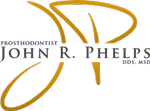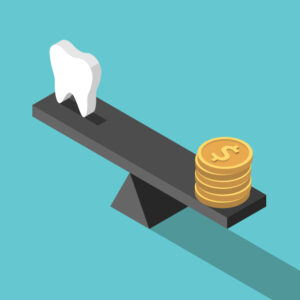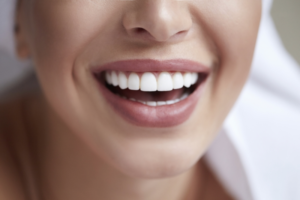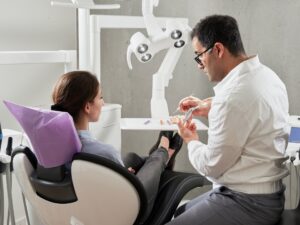Activated charcoal is known to bind to poison and prevent its entrance into the gastrointestinal tract. This can be incredibly useful in instances where a chemical or toxin is ingested, and it has been the primary use of activated charcoal for many years.
Recently, a number of homeopathic websites and beauty bloggers have begun to tout the benefits of activated charcoal as a “toxin remover,” recommending it be used in face masks, deodorants, and even as a drinkable elixir to “remove toxins from the bloodstream.” It should be noted that not a single one of these claims are backed by data-driven, peer-reviewed science. This does not, of course, make them automatically invalid, but should prompt some level of skepticism as to their efficacy.
Moving beyond skepticism, some of the purported benefits of activated charcoal are actually quite dangerous. Chief among these? Whitening your teeth with charcoal – a method of DIY teeth whitening that does far more harm than good.
How Charcoal Ruins Teeth
While it is counterintuitive to cover your teeth in coal with the hopes of producing a whiter appearance, charcoal tooth whitening actually does produce results. In the process, however, it wreaks havoc on tooth enamel and can even make its way into dentin – the pulpy inner layer of teeth – which may result in:
- Increased risk of tooth infection
- Increased risk of gum disease
- Increased risk of tooth loss due to disease and/or decay
Charcoal is exceptionally abrasive and, as it accelerates enamel deterioration, it can have a serious impact on the structural integrity of the teeth.
The results you may get through activated charcoal teeth whitening will likely be undone as enamel is stripped away and the yellowish dentin underneath is exposed. This can produce a blotchy, uneven, and mottled look to the teeth, similar to staining patterns caused by tetracycline and fluorosis. These deeper and unsightly discolorations are often treatable only through more involved cosmetic procedures such as porcelain crowns, porcelain veneers, or dental bonding, making at-home tooth whitening with charcoal a potentially expensive experiment and providing one more reason to avoid this unsafe and ultimately ineffective method of brightening the smile.
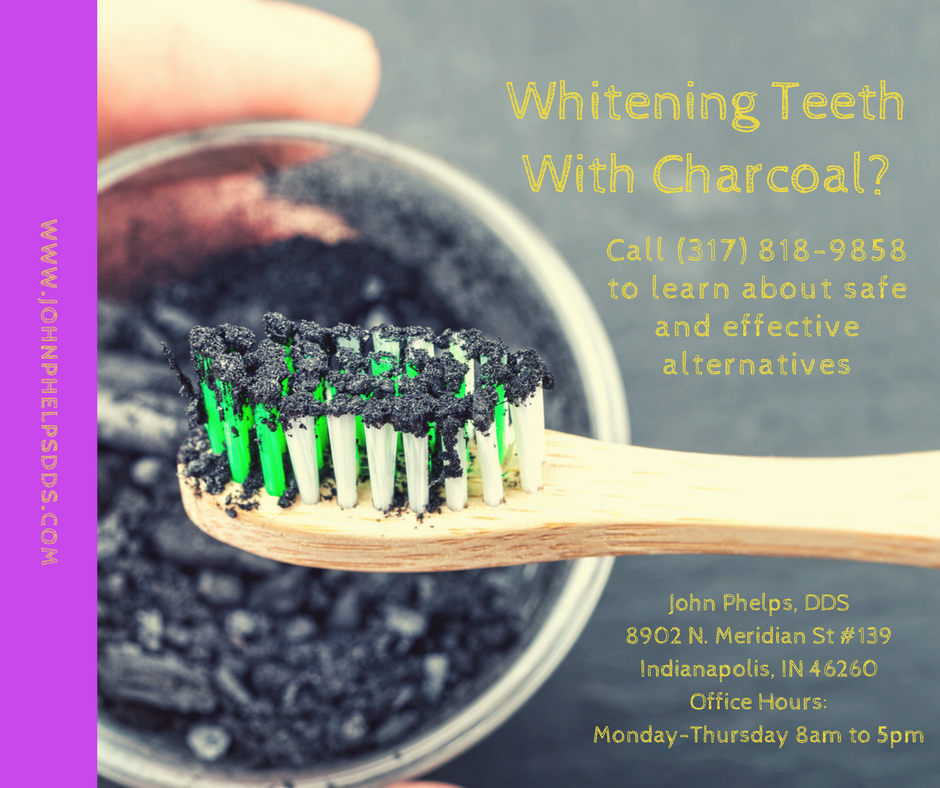
Our Teeth Whitening Services
Whitening your teeth with activated charcoal is just not a good idea. If you’re curious about DIY tooth whitening methods, choose a safer one like oil pulling or making a baking soda “tooth-mask.” These will work just as effectively as activated charcoal, but won’t remove enamel or increase risks of infection and decay. When you’re ready to move beyond whitening your teeth at home, Indianapolis cosmetic dentist Dr. John Phelps is here to help.
Dr. Phelps offers in-office tooth whitening designed to remove surface and deep stains and produce a noticeably whiter smile in just one hour. Similar results can be achieved with our take-home options, though these will require a bit more time. During your initial consultation, Dr. Phelps can help you determine which of these options may be better for your needs.
Our professional tooth whitening services are designed to minimize sensitivity and have been proven safe through both rigorous testing and years of use. If you are considering tooth whitening in Indianapolis, we would love to discuss the scientifically proven safe, effective, and long-lasting treatments offered by Dr. Phelps. Give us a call at 317-793-6133 to schedule a consultation and learn more today.
Dr. John R. Phelps is an experienced prosthodontist and cosmetic dentist based in Indianapolis. He welcomes patients from Carmel, Noblesville, and all surrounding areas of Indiana.
